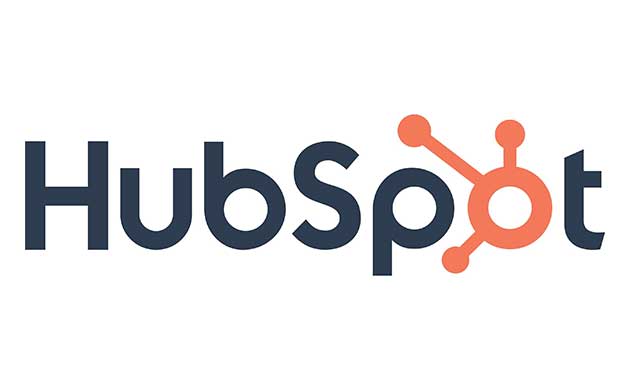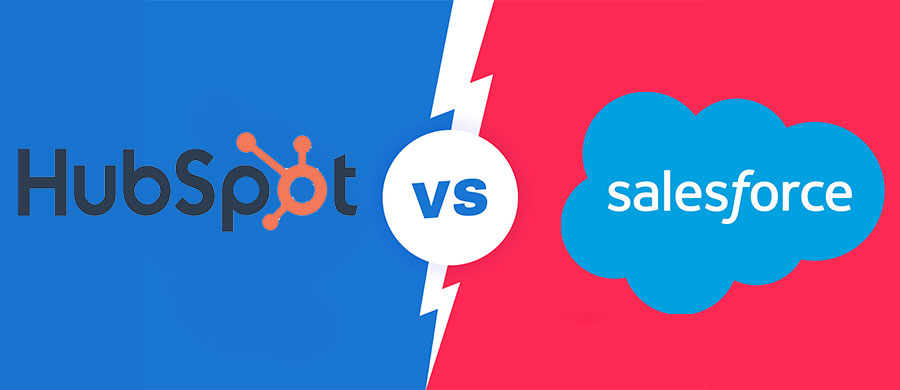Lead generation is vital to the success of every business. It is the practice of attracting clients to your company and capturing their information to guide them during the purchasing procedure, with the final aim of making them loyal and profitable consumers.
Lead generation was carried out using print media and mass media (including radio and television) and word-of-mouth marketing in the past. The digital age has changed this process of lead generation. In this digital age, businesses and managers of marketing understand the importance of developing customized game plans across sales, marketing and service departments to transform leads to patrons. It will help keep clients and build lasting brand loyalty. Executing such a trial for new technology is needed. It was the reason the Customer Relations Management platforms came into play.
Introduction of the Customer Relations Management Platforms
Customer Relations Management (CRM) is the business’s method and practice when identifying and engaging consumers or leads. From an organizational point of view, CRM‘s approach is designed to simplify and coordinate sales, marketing and other related activities while also analyzing and monitoring the trends in leadership behavior and patterns.
Many factors comprise a CRM strategy to increase lead generation, such as using a website, personal and automated email marketing campaigns, and lead scoring and lead generation tactics. Each of these elements works together and helps lead to the purchase process.
As Customer Relationship Management (CRM) has become a vital aspect of the modern business strategy, CRM platforms are now becoming the center of attention. They are designed to assist companies in managing leads and customer interactions across every step of the customer journey, from initial discovery to after purchase.
Many business owners and experts believe two CRMs stand out from a saturated industry: HubSpot and Salesforce.
If we checked in detail, these platforms are the best choice to generate leads. Before we take a deep analysis of each platform’s lead generation capabilities, Let’s look at each one in greater depth.
About HubSpot
When HubSpot was first introduced, it was designed to help businesses implement and successfully implement inbound marketing approaches. Now, fast forward to the present, HubSpot has many applications, including a comprehensive consumer relationship authority system, the Marketing Hub, Sales Hub Service Hub, and a CMS Hub.
What distinguishes HubSpot in lead generation is that it is at the forefront of inbound marketing. This method is that is based on permissive marketing as well as high-quality content that is designed to acquire leads. Since HubSpot has perfected its Inbound Marketing process, it has been a model for business adopted by companies across the globe and has transformed marketing agencies’ mindsets for the better.
At present, HubSpot is an all-in-one marketing software and an industry expert that provides advanced tools that can help businesses in all aspects of digital marketing. It is a complete lead generation process, from SEO for search engines and social media, blogging and landing pages, advanced marketing automation, emails marketing, and lead scoring and lead generation.
About Salesforce
Salesforce can be described as a cloud-based Customer Relations Management tool that allows businesses to connect with their clients and gather and archive valuable information about their customers and target market. The cloud-based software lets companies monitor data on customer support, analytics, satisfaction, and even customer complaints and performs a variety of functions of CRM and the convenience of cloud storage and easy access to users.
Due to the platform’s wide variety of applications, businesses can use Salesforce to aid in marketing, monitoring sales and expenditure and monitoring performance. Different cloud platforms permit users to analyze various data sources, manage customer communication forums, implement sales plans, etc. In the end, Salesforce is the one-stop place for companies to collect, manage their communication with, grow their customer base and revenue streams.
Summary
Both platforms offer solid CRM solutions. However, it’s important to recognize that their methodology, technology and philosophies differ greatly. Before we go into the different lead generation policies between these two platforms, it is important to understand that there is no “winner,” It is your responsibility as the reader to make the final choice about the best CRM solution that can generate leads. But, we’re here to provide an objective analysis of the key features of CRM, as well as inbound Marketing, assisting you in finding the most effective lead generation system for your company.
HubSpot vs Salesforce for Lead Generation
HubSpot The Leader in Inbound Marketing ( HubSpot vs Salesforce for Lead Generation )
As an expert in inbound marketing, HubSpot is the leader in lead generation since Salesforce’s model demands third-party integrations to attain the same levels of lead generation and the inbound approach as HubSpot. HubSpot is a CRM all-in-one solution that lets users benefit from closed-loop analytics to monitor leads when they are captured to conversion and even post-purchase. With personalized, automated and sophisticated marketing tools for email, HubSpot is designed to keep information in the loop through the sales funnel.
It implies that your marketing team and sales team are connected in the process of generating leads. After the information has been confirmed to be Sales-Qualified, your marketing team can pass the charge onto your sales department. With this system in place, your sales team will no longer have to waste time with cold leads and only come into contact with information after they’ve shown significant enthusiasm and are looking to make a difference.
Salesforce: Leading Experts in Management
Each of HubSpot, along with Salesforce, is built to allow you to capture leads, import contact information via lead form fills, as well as send emails directly to contacts through the respective platforms. But in the case of customized and automated emails, third-party tools are suggested to Salesforce users.
Salesforce’s dependence on third-party integrations makes the end-to-end analysis of leads difficult or impossible to monitor. But once charges have been integrated into Salesforce, once they are synchronized into the Salesforce system and managed, the process is easy. Salesforce users can completely alter the lead management information, making it a perfect choice for businesses with large amounts of data that require substantial adjustments.
HubSpot as well Salesforce The Future Leading Scoring for Leads
Each HubSpot and Salesforce offer lead scoring models that are highly specialized and detailed systems that evaluate leads’ quality. The way it works is that points are assigned to charges based on several factors like their industry, their level of interest in your company, and the quality of their relationship with prior high-value clients and leads. Lead scoring is an essential aspect of lead generation and assists in creating an effective sales process.
As mentioned previously, the tactic gives your leads scores depending on where they’re where they are in the buying process. This aids sales and marketing reps in determining which charges are in the process of nurturing and which leads are qualified for sales. If the information has been deemed sales-qualified, the tips will be forwarded to sales for further interaction.
Summary
Modern sales and marketing mechanisms are essential for business growth. It is necessary to develop an advertising stack for your company that will help improve your lead generation process. HubSpot is an excellent CRM to use because it’s meant to provide all the above methods of lead generation all in one place, ensuring the most efficient process for lead creation, management of leads and sales processes. Salesforce will require integrations with third-party companies for this to be possible.
Both platforms are great in their services.
When choosing the right CRM for your company, you must look at various options from vendors and research multiple functions, but you must consider the goals of your CRM, its requirements and the business goals.
Before making your choice, you should ask yourself some of the questions below:
What are the least productive processes in our company, and what are the most efficient ways to develop using the CRM system?
What workflows and processes are we lacking and would like to incorporate into our policies?
Who in our company will be using CRM? And how many users do we require?
What other programs do we need to incorporate with CRM systems?
How much are the resources?
After you’ve done your introductory “soul-searching” and know why you require a CRM, the choice is easier to take. Lead creation is essential. However, it’s important to consider all CRM features before you make your decision. Lead generation is only one aspect of a larger picture, and you must conduct your research.
HubSpot vs Salesforce for Lead Generation







Leave a Reply